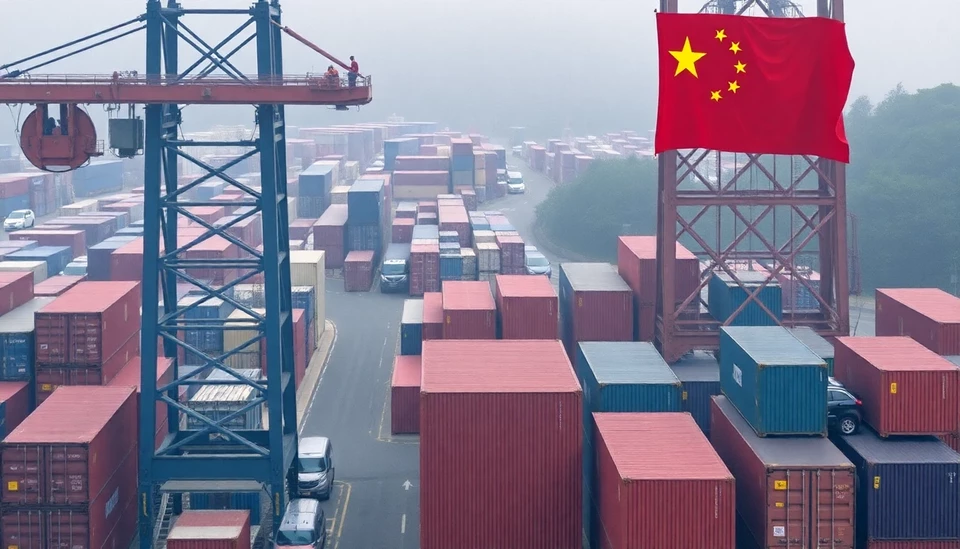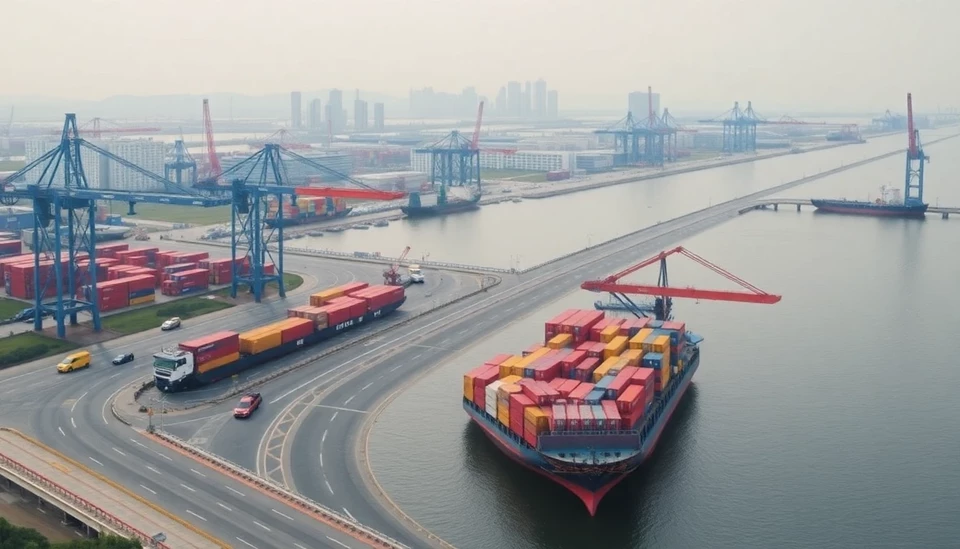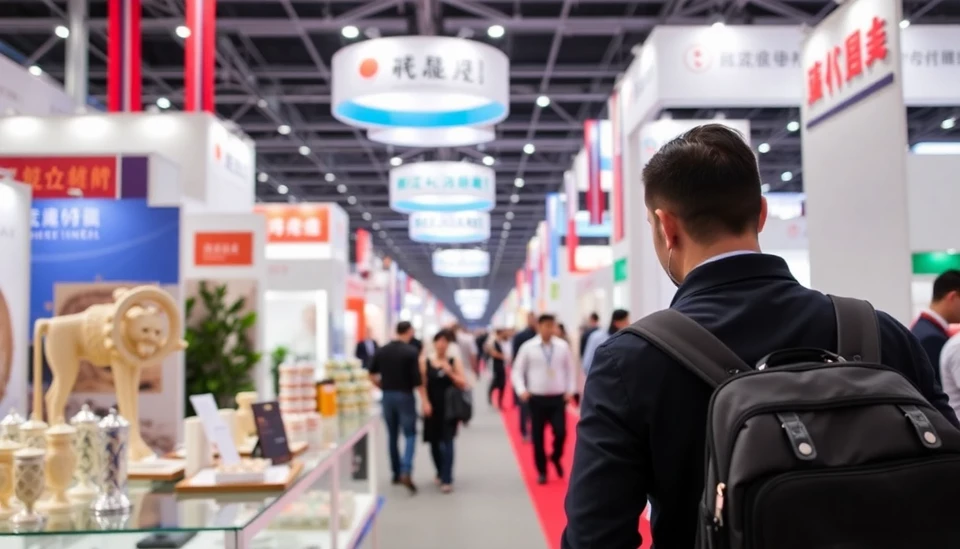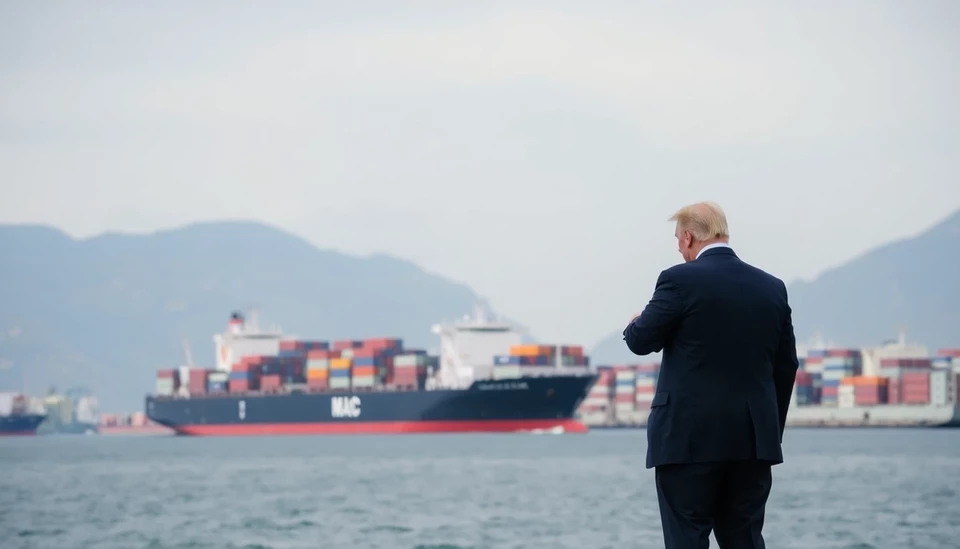
In the evolving landscape of global trade, China is adjusting its strategies as it navigates the complexities introduced during the Trump administration's trade war. The Chinese government has established new targets to strengthen its economic resilience and adaptability despite ongoing uncertainties related to international trade policies.
As the U.S. maintains its stringent trade measures against Beijing, China has responded by embracing a more proactive approach. With an aim to bolster domestic industries and reduce reliance on foreign technologies, China plans to invest heavily in key sectors. These areas include semiconductors, batteries, and renewables, which are pivotal for achieving its long-term economic objectives and sustaining growth amidst geopolitical tensions.
The economic backdrop is particularly precarious, marked by a slowing global economy and rising inflation. In light of these challenges, China's focus on fostering home-grown capabilities is seen as critical. Authorities are emphasizing innovation and technological advancement to maintain competitiveness on the world stage. By honing in on strategic industries, China hopes to cultivate a robust economic environment capable of withstanding external pressures.
Furthermore, as it aligns its trade policies to counteract the repercussions of the trade war, China is also seeking to enhance its relationships with other nations. This involves diversifying trade partnerships and seeking new markets for its goods, underscoring the importance of global cooperation in trade. Efforts are underway to deepen ties with countries in Africa, Latin America, and Southeast Asia, allowing China to create a broader and more resilient economic network.
Additionally, the Chinese government is also placing significant emphasis on domestic consumption. By encouraging citizens to spend more within the domestic market, the aim is to mitigate the effects of a narrowing export market. Through various stimulus measures, the government hopes to boost local demand, which is vital for sustaining economic growth during tumultuous times.
As these strategic initiatives unfold, it remains to be seen how effectively China will be able to adapt to shifting global dynamics. Analysts suggest that the nation’s careful calibration of its trade policies will be crucial in maintaining economic stability and securing its position in a competitive world fueled by uncertainties.
In summary, China’s effort to set clear targets amid a climate characterized by trade tension serves as a reminder of the shifting power dynamics at play. As the world watches closely, the effectiveness of these strategies will likely influence not only China's economic trajectory but also the broader global trade landscape.
#ChinaTrade #GlobalEconomy #TradeWar #Innovation #DomesticMarket #EconomicStrategy #InternationalRelations #Semiconductors #SustainableGrowth #GeopoliticalTension
Author: Daniel Foster




